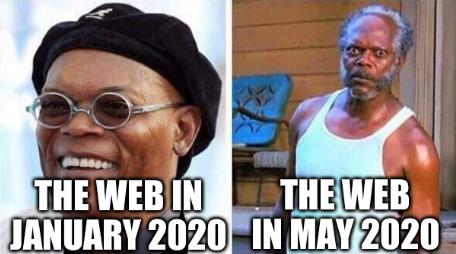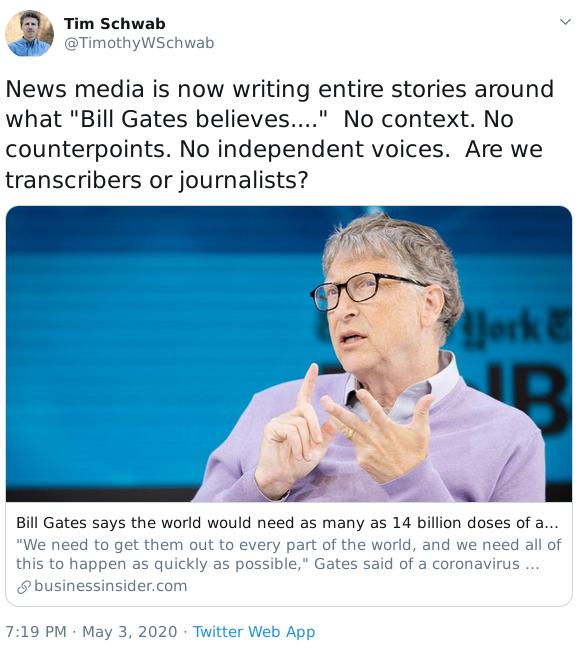


Yesterday's remark from Tim Schwab, who closely studied these matters
THIS WEEK we turn 13.5 years. I was 24 when the site started, working towards finishing my Ph.D. thesis at the time.
"Last month we modernised the site at the back end by adopting containers."Over the weekend, despite not publishing much (new articles), we still delivered an average of over 2GB of traffic per hour. We actually saw an increase this past year and since the pandemic began we've seen no noticeable difference. We carry on going.
Last month we modernised the site at the back end by adopting containers. That also meant some upgrades and we now have a more stable system which should have fewer and shorter downtimes. Last week we spent a number of hours updating the Wiki, bringing more of it up to date (to the extent feasible). Many EPO insiders (and outsiders alike, to a lesser degree) use the wiki as an index of news about their workplace. We totally support EPO staff in the face of Campinos/Battistelli tyranny. Oddly enough, we've been focused on this issue since the summer of 2014, which means almost half the lifetime of this site. Last year, after working on workflow improvements, we returned to covering Free software and software freedom perils on a more frequent basis. It was long overdue, considering the age of the entryism, including the abduction of GitHub in 2018.
"In terms of stability, we're doing alright and our morale is high."Today, or overnight, I am toiling or hacking on some code, trying to make things more efficient; anything that can be automated, e.g. IRC logging (and generation of HTML logs), is being increasingly automated. That leaves us more time for writing. A decade ago we managed to produce about 10 daily posts, on average, but with a full-time job (to pay the bills) I cannot do that anymore. Looking over at Phoronix, Michael too seems to be struggling somewhat. Aside from the fact there's not as much stuff to cover (the pandemic means fewer announcements are made), his wife recently lost her job, months ago they had their first baby, and the economy in general went down the toilet. This sort of 'downturn' is guaranteed to kill a large number of Web sites, as every recession does. The same is true for businesses of all sorts. We still don't know when -- if ever -- we can go back to the gym. Life may never feel the same after this pandemic. "Consumer confidence" as they call it hit rock bottom; people feel reluctant to spend money and more importantly they don't feel safe enough going outside, except for essential tasks like food-buying. People don't want to get ill, either, knowing that hospital wards are already full and may be too contaminated to be worth the risk (going to the hospital for non-critical issues may be more dangerous than staying home because of risk of contracting something else). As it stands, cancer diagnosis rates have gone down, quite likely due to reduced capacity to screen and detect. So there's an inadvertent and indirect death toll, too. Historians may assess that one day.
In terms of stability, we're doing alright and our morale is high. Many people out there are starting to lose their sanity (various factors contribute to this) and boredom leads people to nutty conspiracy theories that the online "conspiracy industry" can reaffirm. Back in February we wrote about the role of envy (when empires decline or altogether fall it's easy to become jealous of those who pick up the pieces, inheriting what was built).
Please be very well aware that the Web is becoming polluted with unbacked conspiracy theories; we're almost embarrassed to see some of the people who link to Techrights, distorting what we actually said. We gave some examples before. We're more strict than ever about fact-checking and some articles take weeks to write because of the research they require. We're hardly being bashed online anymore and that's a positive sign. We intend to keep it that way. ⬆